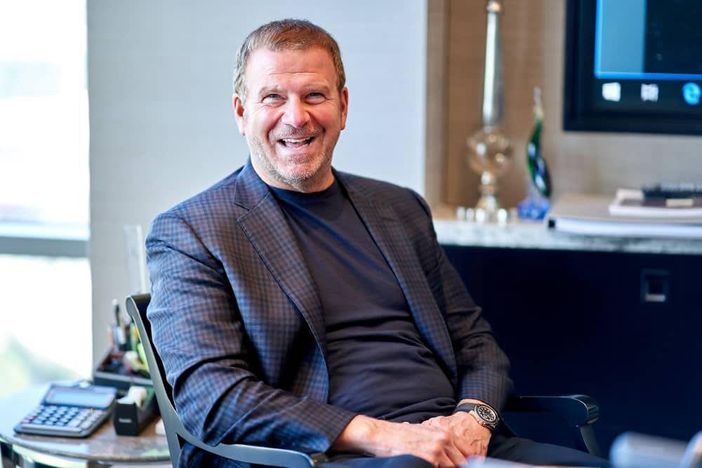Local billionaires top list of richest in Houston, per Forbes
OUR THREE-COMMA CROWD
Austin's Elon Musk and Michael Dell are the richest people in Texas, but Houston billionaires are not far behind, according to the newForbes 400, a list of the 400 richest people in the United States for 2023.
Houston oil tycoon Jeffery Hildebrand is the eighth-richest Texan, and the 51st most affluent person in the United States, Forbes says.
According to Forbes, Hildebrand's net worth in 2023 is estimated at $13.7 billion, which has steadily climbed from his 2022 net worth of $11 billion. Hildebrand, 64, co-founded Hilcorp Energy Company in 1990, and serves as the chairman and CEO after buying out his partner's stake for $500 million. The company has been hard at work expanding its foothold in the oil industry over the last three decades.
"In 2020 Hilcorp finalized the $5.6 billion acquisition of BP's assets in Alaska," Forbes wrote in Hildebrand's profile. "He has built Hilcorp into America's biggest privately owned oil company (by production volumes)."
As CultureMap reported, in 2015, Hildebrand made headlines when he gifted each of his 1,381 employees a $100,000 holiday bonus.
Forbes' list, published October 3, is a definitive ranking of the wealthiest Americans, using interviews, financial data, and documentation provided by billionaires and their companies.
According to the report, America's elite class is now worth $4.5 trillion total, which ties a record previously set in 2021.
Unsurprisingly, Musk ranks No. 1 nationally, with a net worth of $251 billion.
Here's how the rest of Houston's billionaires fared on this year's list:
- Houston hospitality king and Rockets owner Tilman Fertitta ranks 114th nationally with an estimated net worth of $8 billion.
- Oil and gas chairman Richard Kinder ranks No. 123 nationally with an estimated worth of $7.5 billion.
- Houston pipeline heirs Dannine Avara, Scott Duncan, Milane Frantz, and Randa Duncan Williams tie for 128th nationally. Each has an estimated net worth of $7.4 billion.
- Toyota mega-dealer Dan Friedkin ties for 184th nationally with an estimated net worth of $5.7 billion.
- Houston Texans owner Janice McNair ties for No. 192 nationally with an estimated net worth of $5.6 billion.
- Local hedge fund honcho John Arnold ranks 345th nationally with an estimated net worth of $3.3 billion.
- Energy exploration chief exec George Bishop of The Woodlands ranks No. 356 with an estimated net worth of $3.2 billion.


 Apple doubles down on Houston with new production facility, training center Photo courtesy Apple.
Apple doubles down on Houston with new production facility, training center Photo courtesy Apple.